Scientific Conference "Humanities in Ukraine: recent trends and challenges"
10.03.2023 10:00 (Europe/Zurich)
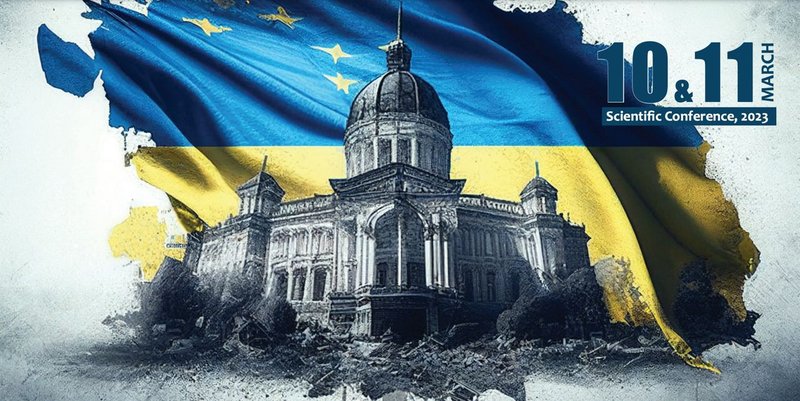
Що?
The University of Lausanne recently hosted a scientific conference on "Humanities in Ukraine: recent trends and challenges". Over the course of two days, more than 30 leading and young Swiss and Ukrainian scholars and researchers presented their work and projects related to the development of humanities, trends, and challenges in the context of the Russian-Ukrainian conflict. Most of the Ukrainian speakers represented well-known universities in Switzerland and Ukraine.
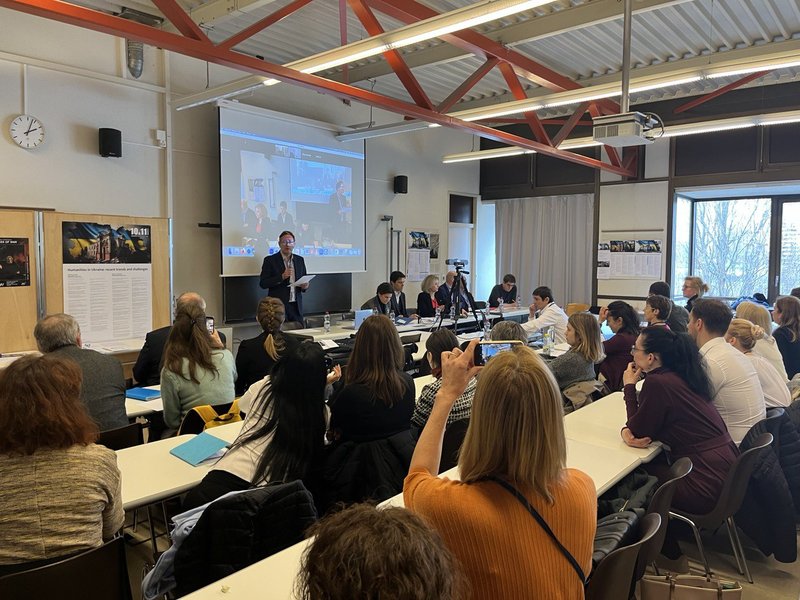
Anastasia Shevchenko, a researcher at the University of Lausanne and organizer of the conference, revealed that the event was successfully planned and executed within just a few months, and garnered a significant amount of interest from potential participants.
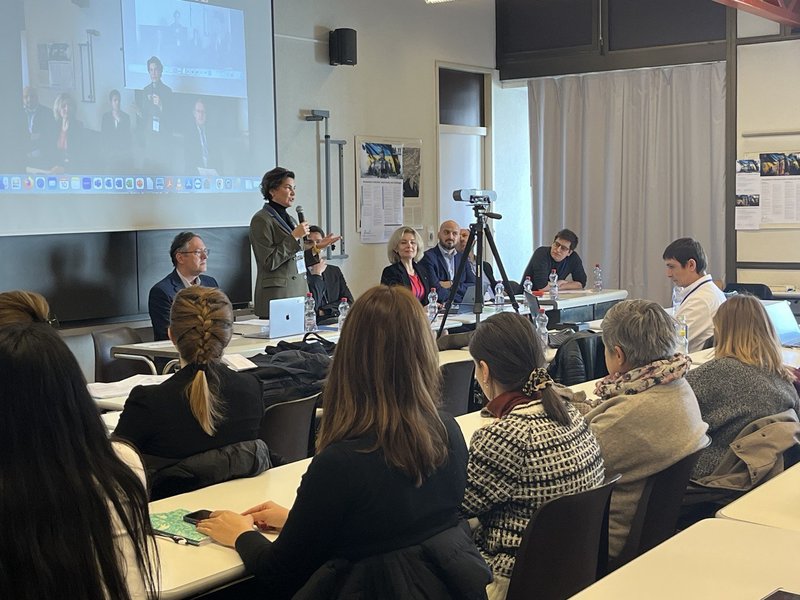
"When I arrived in Switzerland, I met many colleagues and proposed holding a seminar on modern historiography of Ukraine for our Swiss colleagues. I noticed that there was a demand in Switzerland for information about Ukraine, which sparked the idea to hold a conference for scholars," Anastasia explained.
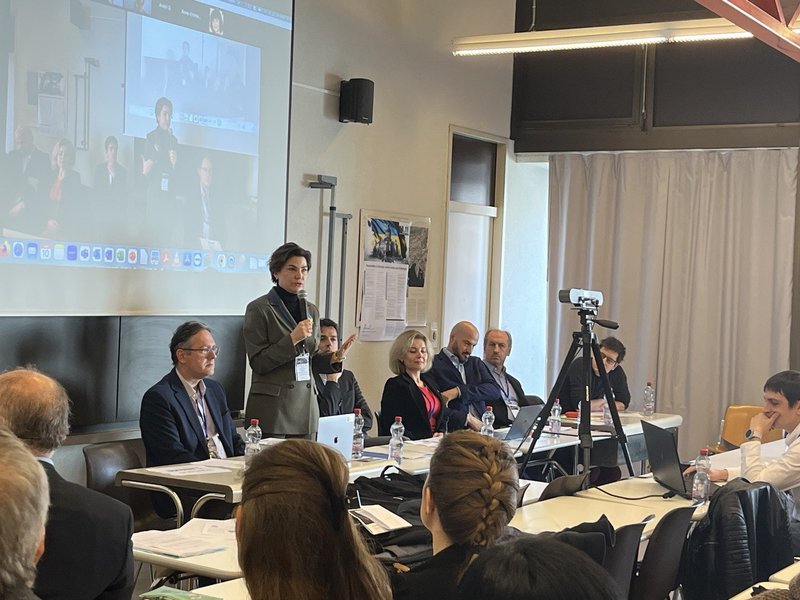
According to her, funding for the scientific conference was made possible by Professor Béla Kapossy from the University of Lausanne, who supports Ukrainian scientists and researchers. The University of Lausanne and the École Polytechnique Fédérale de Lausanne were among the organizers of the conference.
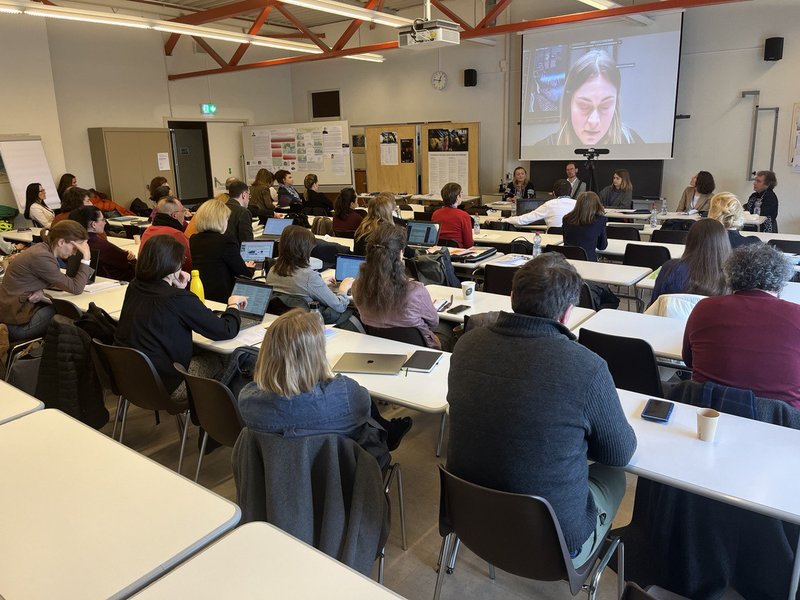
Initially, the plan was to hold a small conference with 15-20 speakers, but the organizers received over a hundred applications. This speaks to the relevance and potential of Swiss-Ukrainian cooperation in the field of science.
The opening speech of the conference was given by Ukrainian historian and publicist, Doctor of Historical Sciences, Professor of the Ukrainian Catholic University, Honorary Professor of the National University of Kyiv-Mohyla Academy, Yaroslav Hrytsak, who presented an online report on the topic "War and History: How can modern warfare affect historical works?"
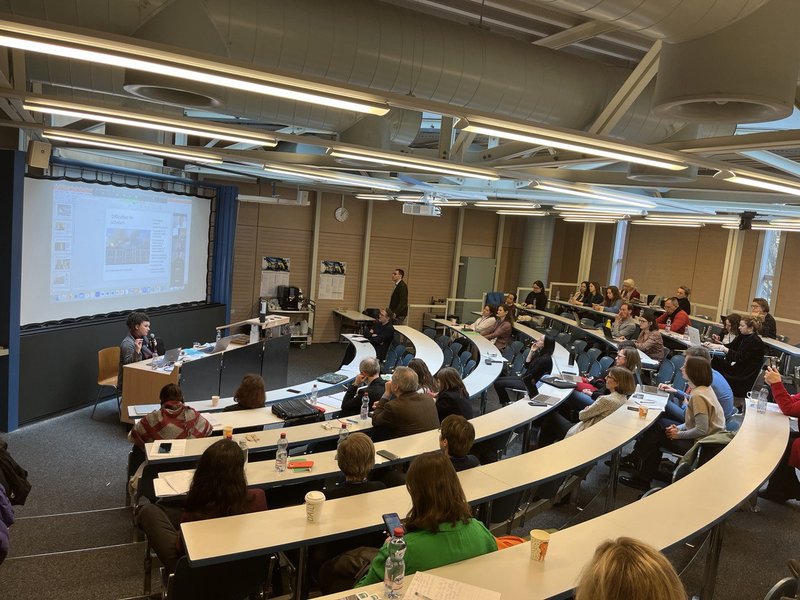
The rector of the University of Lausanne, Frédéric Herman, noted that the beginning of full-scale armed aggression by the Russian Federation on the territory of Ukraine in February 2022 was a shock for the scientific community of Switzerland. Therefore, the university focused on providing sectoral assistance to Ukraine in four directions.
"The first direction - we started accepting Ukrainian scientists, the second - accepting Ukrainian students. The third was to coordinate the work of all professors in university premises. And the last one - to accommodate scientists to ensure the effectiveness of their work," said Frederic Herman.
As of now, the university has admitted 60 Ukrainian students. Many of them attend language and other courses to integrate into the Swiss student community quicker. The University of Lausanne plans to continue building more bridges to strengthen the connection between Ukraine and Switzerland in the scientific field.
Swiss representatives acknowledge that the ties between the University of Lausanne and Ukrainian universities have significantly expanded after the invasion. During a separate panel, cultural projects of Ukrainian scientists in Switzerland were presented: "Letters from Ukraine," "Saving Cultural Heritage in Ukraine," and others.
the Ukrainian Ambassador in Switzerland Iryna Venedyktova
During the conference, the Ukrainian Ambassador in Switzerland Iryna Venedyktova urged the scientific community to come together and provide comprehensive assistance to Ukrainians defending Ukraine and Europe on the front lines. She stated, "We must do everything possible for those on the front lines today; we cannot forget about them. While you gain new knowledge and skills, please do not forget about the people on the front lines in Ukraine."
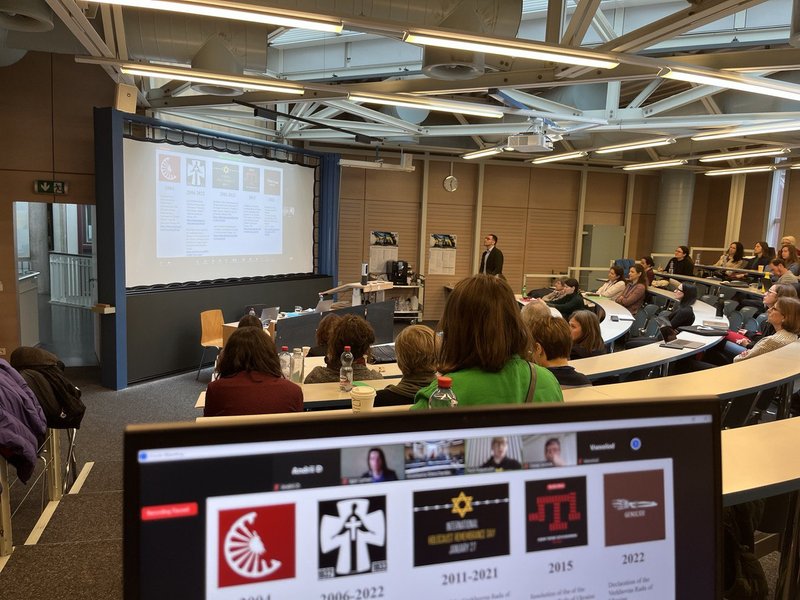
The Rector of Kherson State University, Oleksandr Spivakovskiy, presented the institution's activities during the war, talked about humanitarian aid from foreign foundations, and shared his experience of relocating the university to Ivano-Frankivsk. In turn, the Rector of the University of Lausanne expressed admiration for the resilience of Kherson scientists due to the extraordinary complexity of the relocation process.
During this year, the situation has changed for the scientific community in Switzerland. In particular, programs supporting researchers and their research have appeared, the two largest of which are SAR and SNSF.
Scholars at Risk Network (SAR) is a global network that promotes freedom of thought and protects scientists whose freedom is at risk of being restricted. Scholars at Risk collaborates with a global network of higher education institutions around the world, providing temporary employment and internships to scientists at risk of conflict or war in SAR's global network of institutions. SAR experts also provide scientists with consultation and career support.
Swiss National Science Foundation (SNSF) is another powerful institution that supports financial scientists. SNSF funds industry research at universities - from physics to medicine and sociology. Along with its partners, the institution plays a key role in shaping scientific research in Switzerland.
Swiss scientific institutions provided direct support to Ukrainian scientists in Switzerland. In March 2022, SNSF and SAR provided 9 million Swiss francs, which allowed about 100 researchers from Ukraine to continue working in Swiss universities until spring 2023. The program was extended for another year and was used by slightly fewer than 90 Ukrainian scientists.
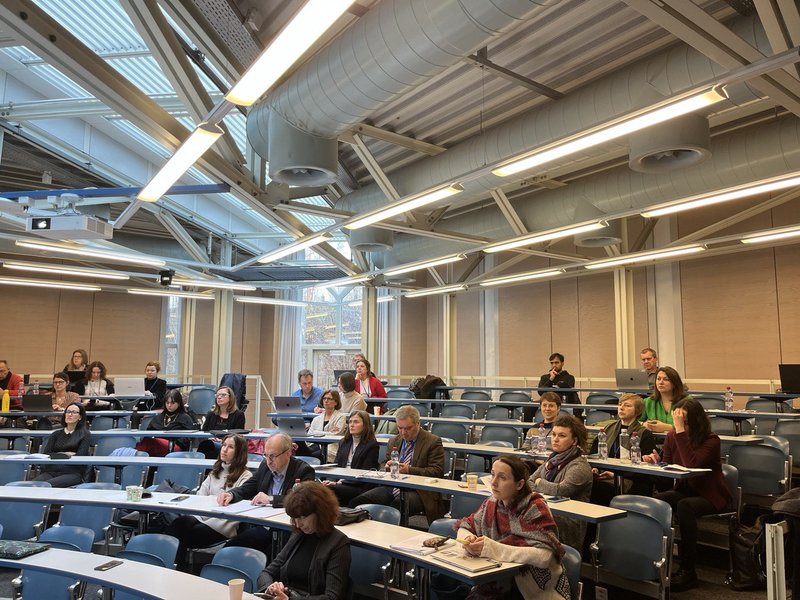
- The conference's speaker presentations were divided into six thematic sections:
- Narratives of Ukrainian History, the Russo-Ukrainian War, and Decolonizing Ukrainian Studies.
- Building Bridges: A Panel Discussion on the State of the Ukrainian Academy.
- Ukrainian Studies in Switzerland: Projects and Perspectives.
- Soviet and Post-Soviet Past in Philosophical and Sociological Research.
- Intellectual History and the Challenges of War.
- Recent Research in Ukrainian Archaeology.
Source: destinations.ua
Коли?
- Дата початку: 10 березня 2023 10:00
- Дата закінчення: 11 березня 2023 17:00
- Часовий пояс: Europe/Zurich
Де?
- Ведучий: Geneva Center for Diplomacy and Conflict Resolution
- Місцезнаходження: The University of Lausanne
Ні.
